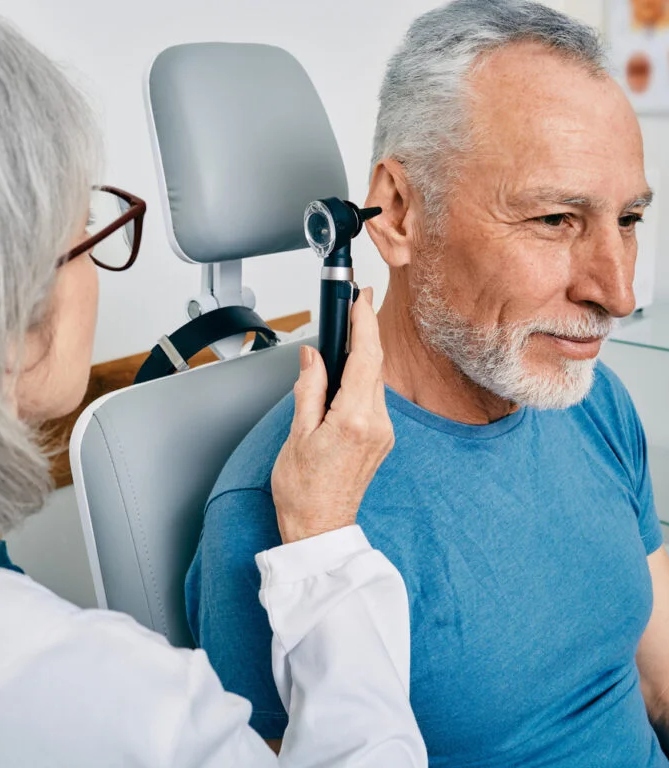Hearing Tests
A Clear Choice Hearing Center hearing test consist of any or all of the following tests:

Tuning fork test helps to separate conductive hearing loss from sensorineural hearing loss.
Pure tone audiometry checks how well you hear sounds traveling through the ear canal (air conduction) and through the skull (bone conduction). We will able to determine what kind of hearing loss you have by comparing how well you hear using these two types of conduction. You listen to tones through earphones in this test.
Speech reception and word recognition tests check how well you hear and understand speech.
Acoustic immittance tests (tympanometry and acoustic reflex tests) measure the amount of sound energy that “bounces” back from the eardrum (tympanic membrane) and the bones of the middle ear instead of being sent on to the inner ear.
Otoacoustic emissions (OAE) testing measures the inner ear’s response to sound. Otoacoustic emissions are sounds made by the cochlea in response to a sound, such as a tone or click. Think of them as a quiet echo. Ear specialists can record and interpret these sounds to help rule out hearing loss. OAE testing is often used to screen newborns for hearing problems.
Depending on the suspected cause of hearing loss, you may also have other tests:
Imaging tests such as a CT scan or MRI may be done when an injury or tumor is suspected.
Auditory brain stem response (ABR) testing may be used to test nerve pathways in the brain if your doctor suspects an acoustic neuroma or another nerve problem. This test measures how well the nerve that helps you hear is working and how fast sound travels along this nerve.
Early Detection
Some hearing problems can delay your child’s speech and language development. Early screening for hearing loss can help prevent many learning, social, and emotional problems that can be related to speech and language development. The United States Preventive Services Task Force recommends that all newborns be screened for hearing loss. All 50 states require newborn hearing tests for all babies born in hospitals. Talk to your doctor about whether your child has been or should be tested. Signs of noise-induced hearing loss are appearing at earlier ages and in children. Be sure your child has regular hearing exams.
